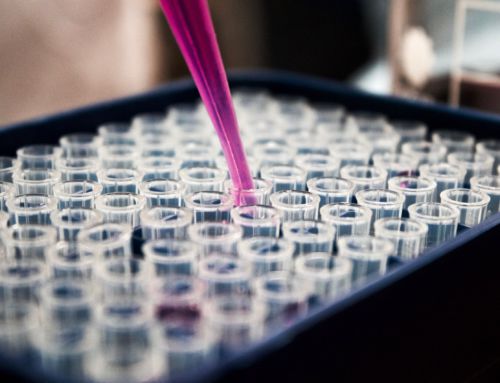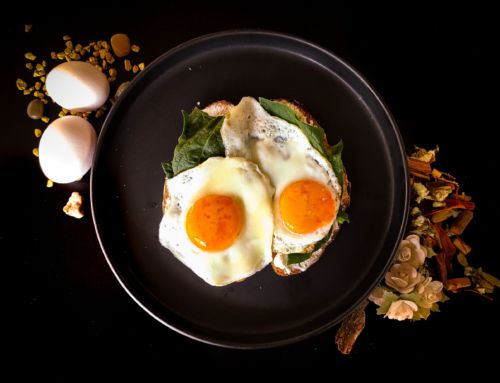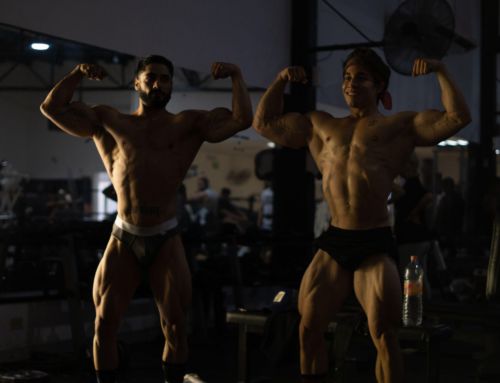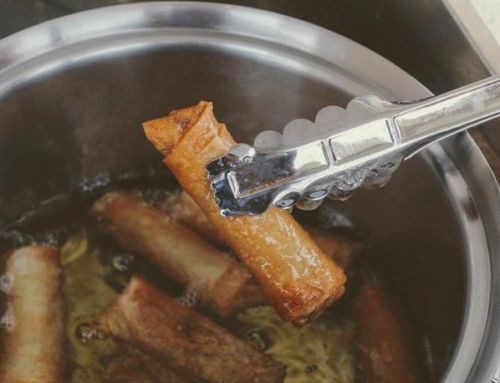Is mealtime important to your bodybuilding?
Your mealtime contributes to how well you bulk and cut. Eating at the wrong time could slow down bulking and cutting. You also need to plan your diet each time.
Your body needs a lot of nutrients for muscle gain, so the break between meals has to be short. You should eat 5-6 times daily, albeit in small rations. The main component of your meal should be complex carbohydrates and lean proteins.
Eating the right meals is also very important in your bodybuilding journey. Pre and post-workout meals are quite different from the regular daily meal. Before a workout session, you must eat something your body can digest quickly. Post-workout meal is also essential because you need nutrients to repair damaged tissues resulting from strenuous workout routines and rehydrate the body.
After a workout session, your muscles are worn out, and your energy is depleted. So, before a workout session, you must take a meal containing a fast-digesting protein and a slower-digesting carbohydrate. However, after a workout, you need to take a meal containing fast-digesting protein and a fast-digesting carbohydrate.
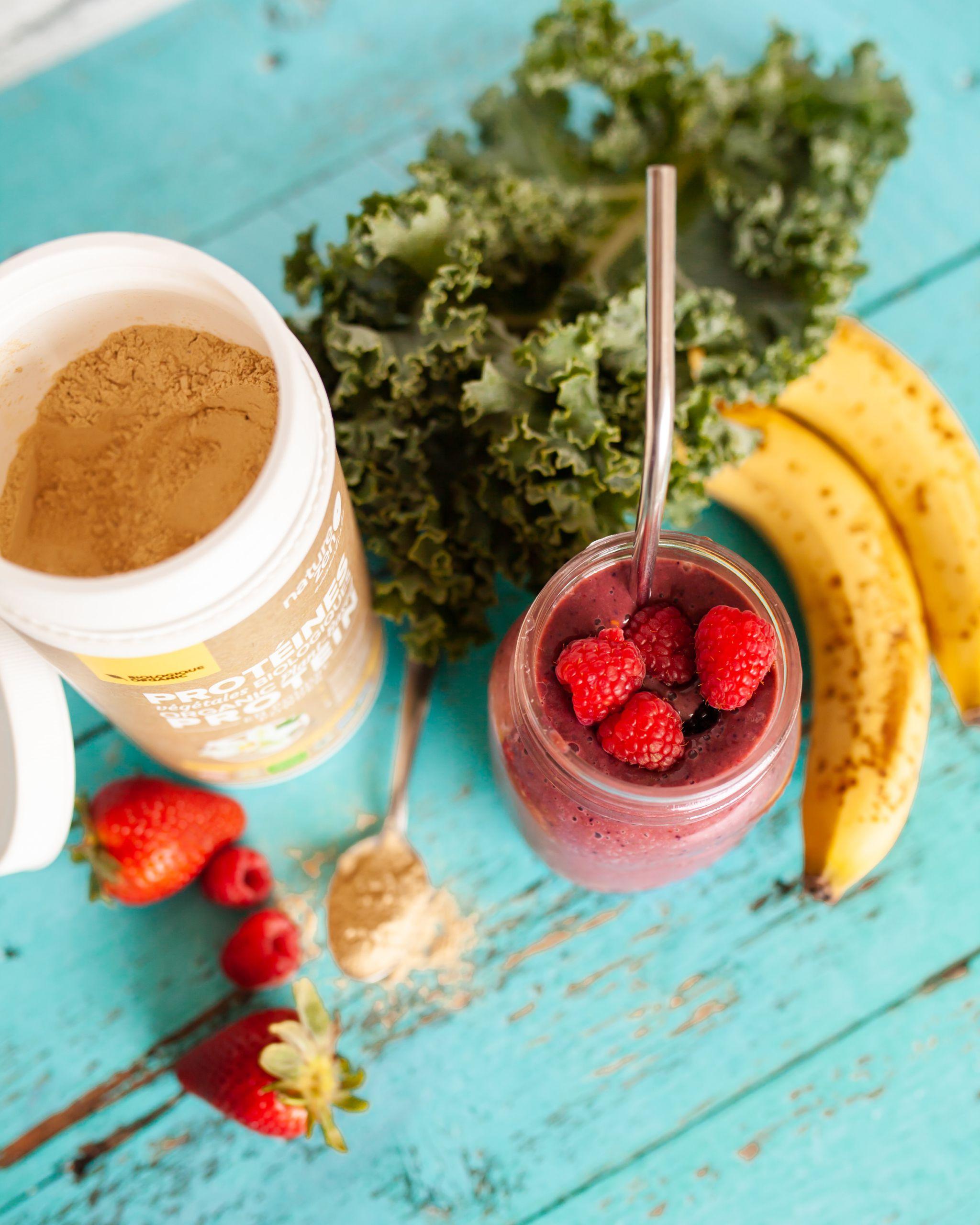
Why is mealtime important to bodybuilding?
Mealtime is important to bodybuilding because it helps you achieve your bodybuilding goals. You cannot build muscle mass without a proper diet. The two main functions of the time you eat are to help maximise muscle growth and aid fat loss.
The anabolic state is the muscle-building state. Without proper nutrition, your body might wind up in a catabolic state, that is, muscle waste, because of a lack of proper nutrition. Food should be eaten in small amounts every two to three hours. Properly planning the time you eat can also help you optimise the time when your body is receptive to nutrients.
Planning your meals also helps in fat loss. The goal of bodybuilding is muscle gain and fat loss, and properly planning your meal will help you reduce fat by knowing when best to eat to prevent fat gain.
Four important mealtimes for your bodybuilding
Four mealtimes are important to bodybuilding. These mealtimes largely affect the speed of bodybuilding and muscle growth. They are:
-
Breakfast
At night, the body is in a mild catabolic (muscle wasting) state because of a lack of nutrients, so breakfast is essential. It’s why breakfast is referred to as the most important meal of the day. Choosing the right meal will help replenish carbohydrates (glycogen), prevent weight gain, and promote anabolism (muscle building).
Breakfast meals should contain moderate or high carbohydrates, moderate or high protein, and moderate or low-fat content. The best breakfast meals are eggs, toast, pancakes, dark chocolate, omelet, greek yogurt, fruits, vegetables, nuts, and seeds. A healthy combination of these foods will make the perfect breakfast meal to replenish lost nutrients.
-
Dinner time
The meal you take before sleeping is important because it is the last food your body takes in and determines what happens during the long hours of sleep. The body is mostly in an anabolic state at night. However, it tips towards catabolism towards dawn, so dinner should be properly planned because it is an essential mealtime for bodybuilding.
When choosing dinner time meals, they should contain low carbohydrates, low fat, and high protein to prolong anabolism. The best dinner-time meals are broiled fish, brown rice, sweet potato, chicken, red meat, shrimp, and sweet potato. One major food to avoid is high-fat foods, like fried foods.
-
Pre-workout meal
The meal you take before a workout can determine how long your workout can last. Eating before a workout is important to give you the energy to lift weights and exercise. Skipping pre-workout meals can be anti-catabolic. You should eat 1-2 hours before a workout so your food can be properly digested.
What you eat before your workout is important. The blood goes to the muscles at workouts, leaving less blood for digestion. You need to take fast-digesting proteins and slow-digesting carbohydrates. You need strenuous exercise, so slower digesting carbohydrates will help supply glycogen for longer.
Some of the best pre-workout meals are oatmeal, greek yoghurt, peanut butter, bananas, brown rice, energy bars, whole fruit smoothie, berries, cereal, and protein shakes.
-
Post-workout meal
Post-workout mealtime is also very important. After a workout, the body is exhausted and in a state of glycogen depletion, muscle tissue damage, and loss of water and electrolytes. The body needs carbohydrate replenishment for energy, protein to repair damaged muscle tissues, and water to rehydrate.
Immediately after a workout, you can take a protein shake or amino acid supplement to boost your protein level and enable your body to repair. Protein shakes are made from easily digestible whey protein. This is why they are recommended during a workout session rather than just water.
The anabolic window is the optimal time your body accepts food to enhance muscular gains. Post-workout meals should be taken 30 – 60 minutes after a workout which falls within the anabolic window. Although this is not backed up by research, it is believed that eating 30 – 60 minutes after your workout is the best time to recover nutrients.
The carbohydrate-to-protein ratio should be 2:1, but it can be increased depending on how intense your workout session is. You can increase the ratio to 3:1 if you spend a long time working out. Also, you should take fast-digesting proteins and fast-digesting carbohydrates like starchy carbs.
Some post-workout meals include bananas, almonds, sweet potato, chicken, salmon, egg omelette, cottage cheese, brown rice, lean proteins, tuna, protein toast, vegetables, and greek yoghurt. Whipping a recipe from these foods will make a great post-workout meal to increase muscle mass.
Conclusion
Bodybuilding requires frequent small-sized meal consumption, about five to six times per day. Meals are an important part of bodybuilding, and properly planning your mealtime will help you optimise the gains you get to achieve your bodybuilding goals.
The most important mealtimes are breakfast, pre-workout, post-workout, and dinner. Eating the right diet will help enhance catabolism (for muscle gain), replenish your glycogen stores, repair muscle tissues, and rehydrate the body.

